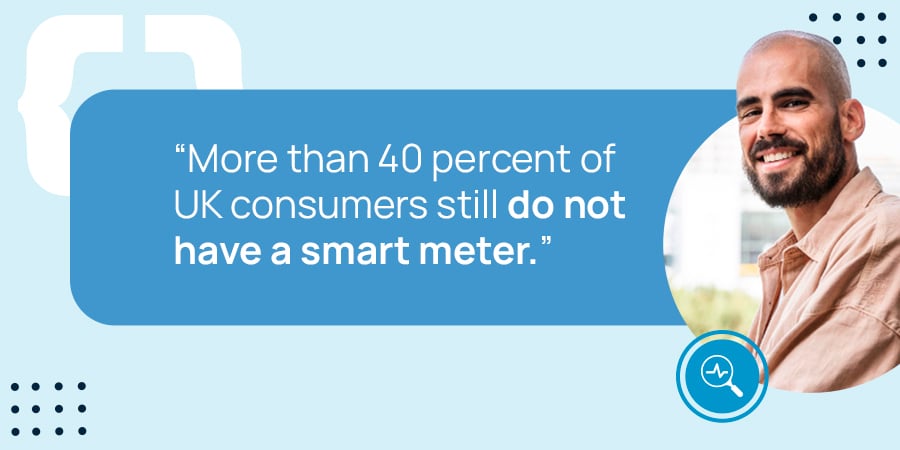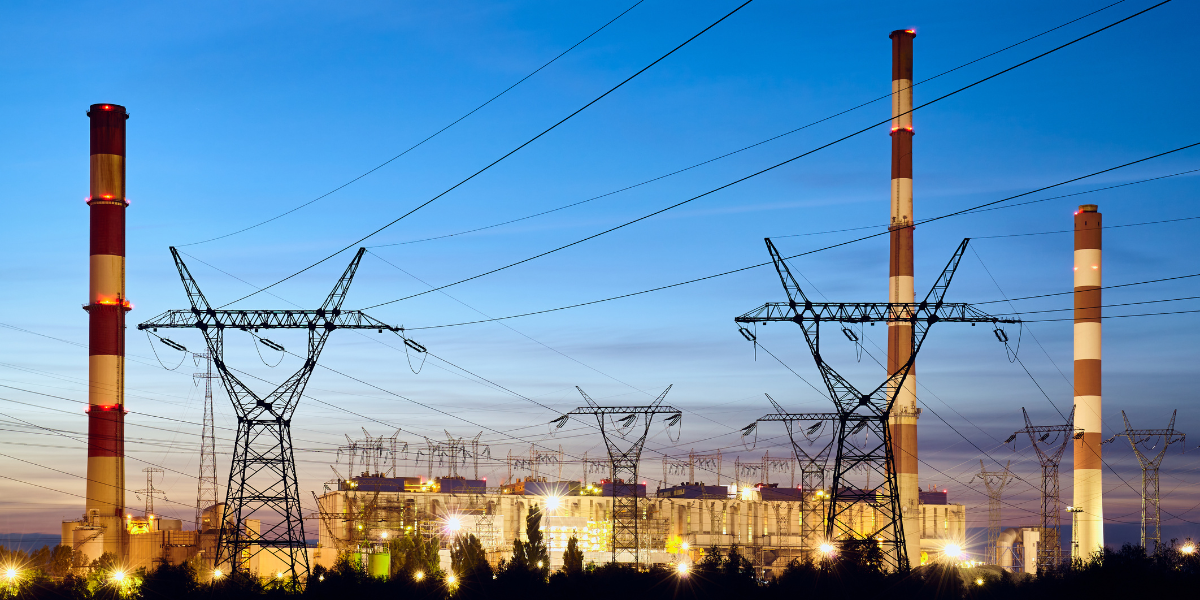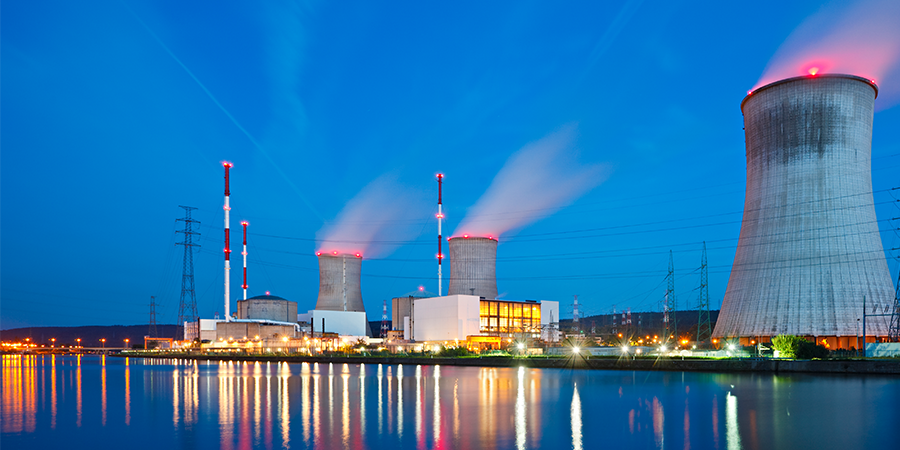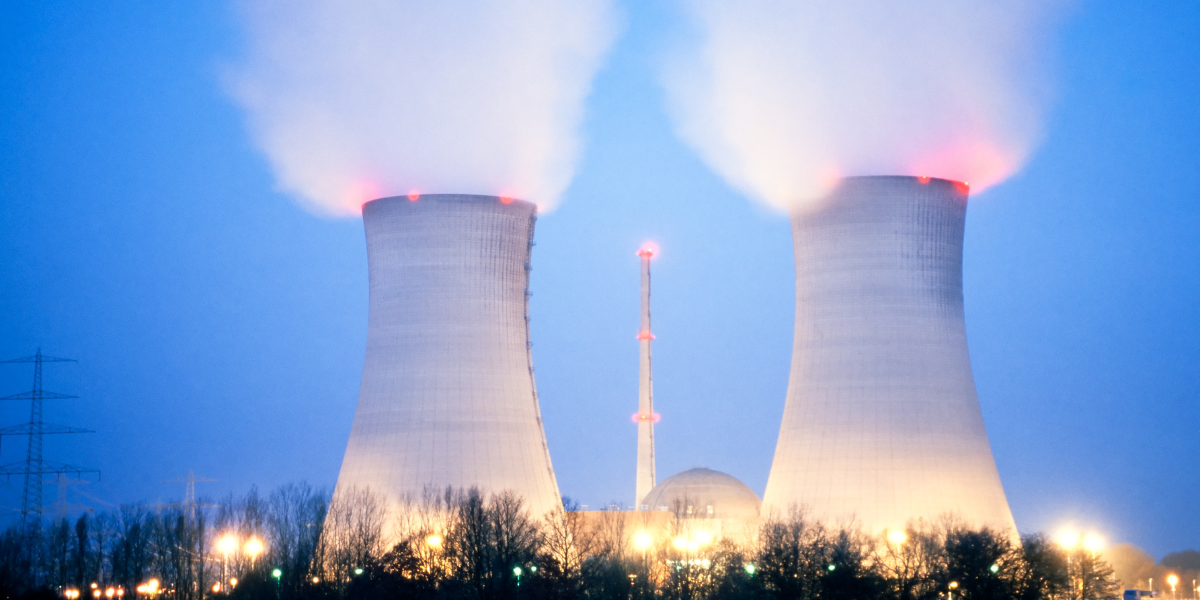POWWR News, Blogs, and Articles
Follow our blog to discover energy sales insights, best practices for managing customer energy procurement journeys, and business tips for suppliers and brokers.
The Future of Energy Data: Why Access, Consent and Transparency Matter


The Future of Energy Data: Why Access, Consent and Transparency Matter
15 December, 2025
3
min read
Navigating the Future: Key Takeaways from our MHHS Webinar with Energy Live News


Navigating the Future: Key Takeaways from our MHHS Webinar with Energy Live News
3 December, 2025
2
min read
Why Gut Feel and Spreadsheets Are Costing Energy Suppliers Margin


Why Gut Feel and Spreadsheets Are Costing Energy Suppliers Margin
1 December, 2025
4
min read
The Return of Coal


The Return of Coal
26 November, 2025
6
min read
How Data Centers Are Reshaping PJM’s Energy Market
.png?width=1200&height=600&name=Blog_NovemberComplianceNewsletter_1200x600%20(1).png)
.png?width=1200&height=600&name=Blog_NovemberComplianceNewsletter_1200x600%20(1).png)
How Data Centers Are Reshaping PJM’s Energy Market
10 November, 2025
8
min read
UK Business Energy Usage on The Rise


UK Business Energy Usage on The Rise
28 October, 2025
3
min read
Trends Driving the Retail Energy Sector and How Providers Can Stay Ahead
.png?width=1200&height=600&name=Blog_OctoberComplianceNewsletter_1200x600%20(2).png)
.png?width=1200&height=600&name=Blog_OctoberComplianceNewsletter_1200x600%20(2).png)
Trends Driving the Retail Energy Sector and How Providers Can Stay Ahead
7 October, 2025
5
min read
Utilita Energy Streamlines Sales Process Thanks to POWWR Sales360


Utilita Energy Streamlines Sales Process Thanks to POWWR Sales360
25 September, 2025
2
min read
Smarter Export Tariffs Could Unlock a Fairer Energy Future


Smarter Export Tariffs Could Unlock a Fairer Energy Future
22 September, 2025
5
min read
September Energy Policy: Nuclear Restarts, Tax Shifts, Wind Pauses


September Energy Policy: Nuclear Restarts, Tax Shifts, Wind Pauses
8 September, 2025
4
min read
What Suppliers Need to Know About Nuclear Energy’s Comeback


What Suppliers Need to Know About Nuclear Energy’s Comeback
4 September, 2025
4
min read
Can the Energy Industry Keep up With MHHS?


Can the Energy Industry Keep up With MHHS?
1 September, 2025
4
min read
What’s Shaping the Energy Market in August 2025


What’s Shaping the Energy Market in August 2025
14 August, 2025
4
min read
POWWR Energy Barometer Shows UK Businesses Are Consuming Less Energy


POWWR Energy Barometer Shows UK Businesses Are Consuming Less Energy
29 July, 2025
3
min read
The Energy Supplier’s Guide to Disruption in 2025


The Energy Supplier’s Guide to Disruption in 2025
7 July, 2025
5
min read
